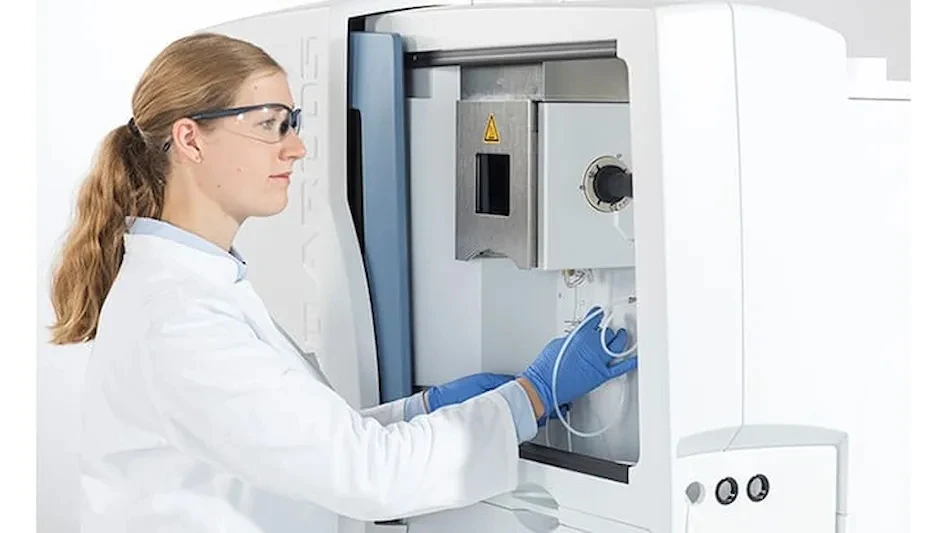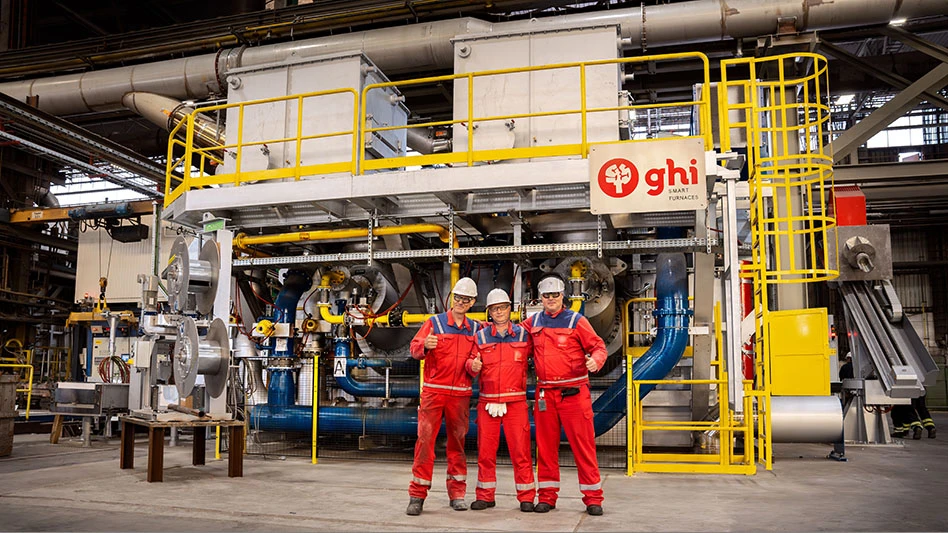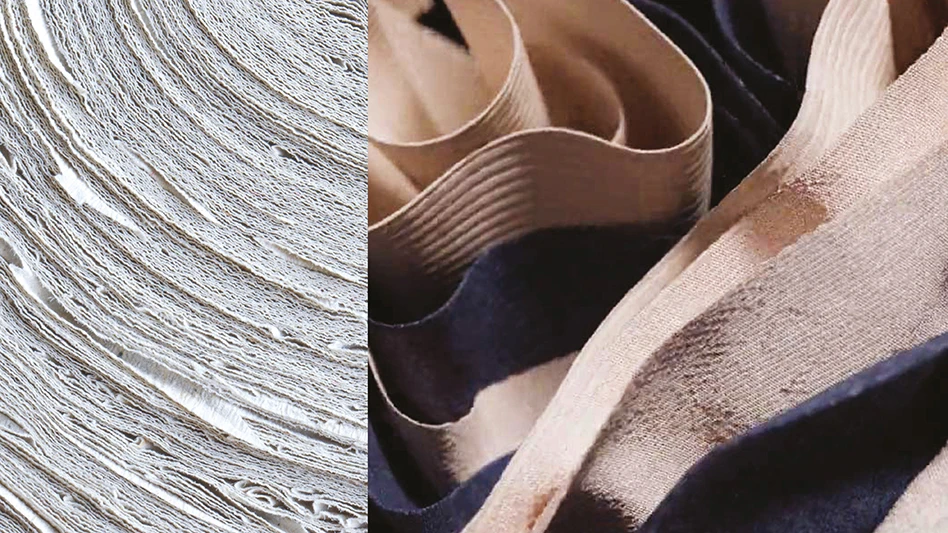
Photo courtesy of Spectro Analytical Instruments
Kleve, Germany-based Spectro Analytical Instruments has published a report detailing a new method for the elemental analysis of black mass from recycled lithium-ion batteries.
The method described uses the Spectro Arcos MultiView ICP-OES with dual side-on plasma observation (DSOI) mode, which it says can enhance sensitivity and accuracy in determining the composition of valuable elements like lithium, manganese, cobalt and nickel.
Spectro says the Arcos system features complementary metal oxide semiconductor (CMOS) detectors and a high resolution Paschen-Runge spectrometer mount designed to provide high sensitivity and minimal interference for accurate measurements.
The DSOI mode offers up to twice the sensitivity of traditional single radial plasma observation, while maintaining the benefits of the radial method, making it efficient for analyzing both major and trace elements in battery black mass.
In its report, Spectro compares two sample preparation methods—peroxide fusion and aqua regia extraction.
“Both methods showed excellent recoveries for major elements, with aqua regia extraction recommended for its efficiency and cost-effectiveness,” the company says.
“The accurate analysis of black mass is essential for the lithium-ion battery recycling industry. This new method supports better resource management by ensuring the recovery of critical elements, aligning with the sustainability goals of the electromobility and energy storage sectors.”
The full report can be requested here.
Latest from Recycling Today
- ReElement, Posco partner to develop rare earth, magnet supply chain
- Comau to take part in EU’s Reinforce project
- Sustainable packaging: How do we get there?
- ReMA accepts Lifetime Achievement nominations
- ExxonMobil will add to chemical recycling capacity
- ESAB unveils new cutting torch models
- Celsa UK assets sold to Czech investment fund
- EPA releases ‘National Strategy to Prevent Plastic Pollution’





